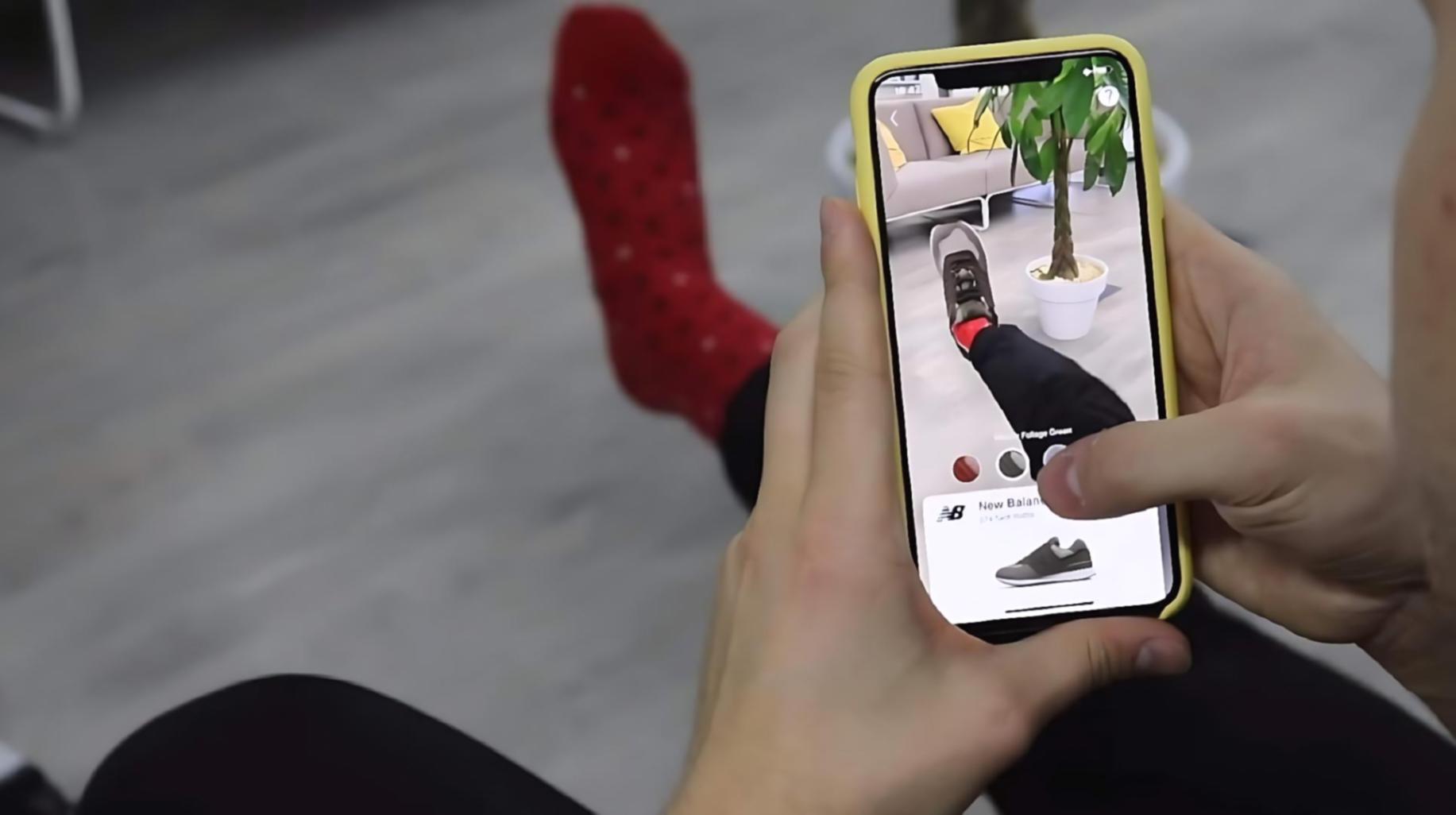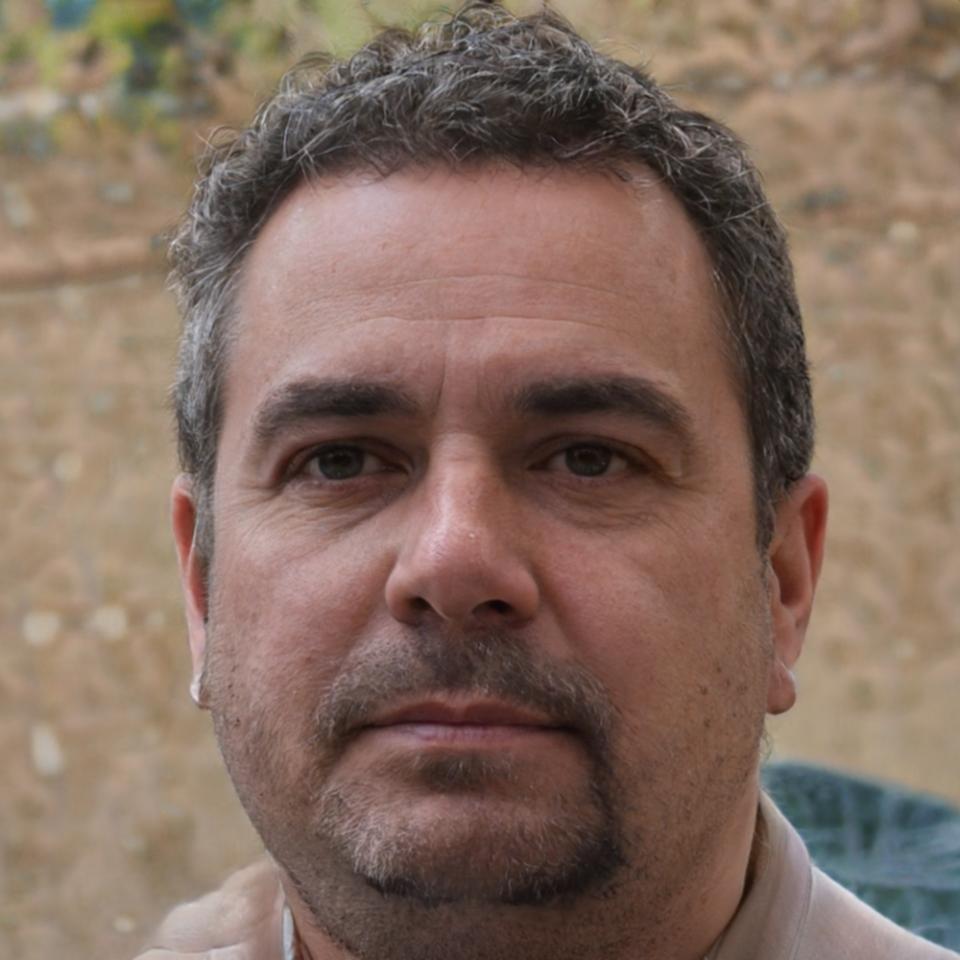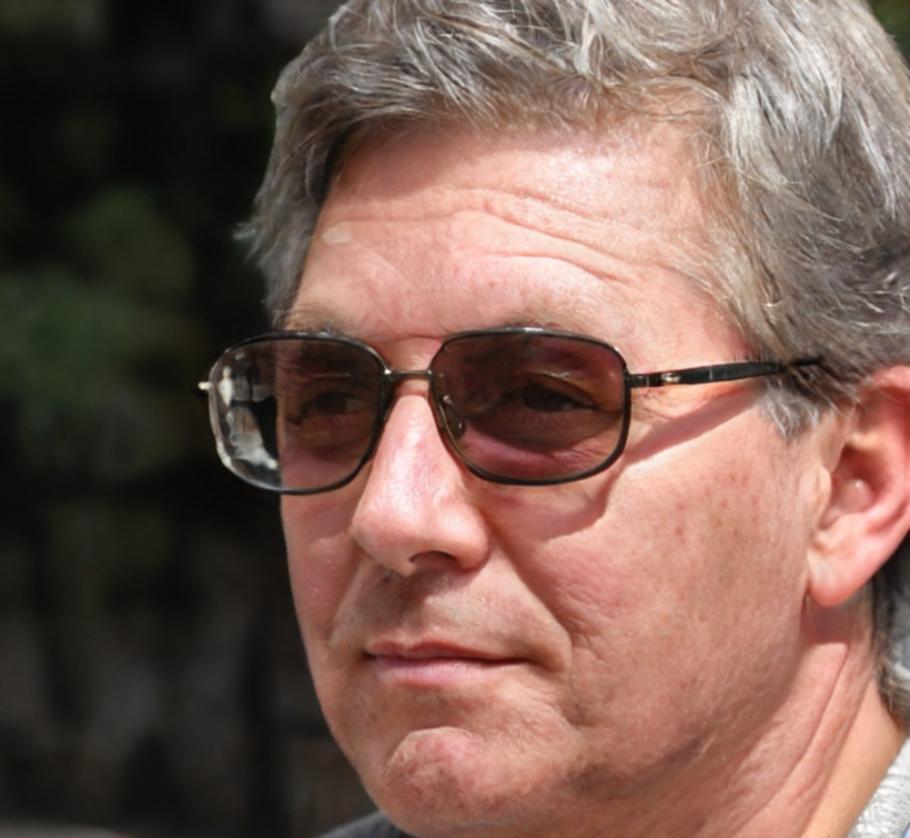AR/VR Game Testing Certification
We built this program after seeing too many developers struggle with immersive gameplay optimization. Real testing scenarios, actual VR performance metrics, and hands-on work with current AR frameworks.
What You'll Actually Learn
Every module builds on real scenarios we've seen in production environments. You won't just learn theory – you'll work through the exact problems that caused frame drops, motion sickness reports, and failed performance benchmarks in actual released games.
VR Performance Fundamentals
4 weeks • September 2025Understanding frame timing isn't optional in VR. We start with why 90fps matters and how to spot performance issues before players notice discomfort. You'll learn profiling tools, rendering pipeline analysis, and thermal management across different headsets.
- Frame time analysis
- GPU profiling
- Thermal testing
- Multi-platform benchmarks
Motion Comfort Testing
3 weeks • October 2025Motion sickness can kill a VR game. We'll teach you the testing protocols that actually work – acceleration curves, rotation speeds, field of view adjustments. Plus how to document comfort issues in ways developers can act on quickly.
- Comfort assessment
- Locomotion testing
- Camera movement analysis
- User study protocols
AR Spatial Mapping
4 weeks • November 2025AR breaks when spatial understanding fails. You'll test plane detection, occlusion handling, and lighting estimation across different environments. We cover everything from bright outdoor conditions to dim indoor spaces with complex geometry.
- Surface detection
- Occlusion quality
- Light estimation
- Environmental testing
Cross-Platform Integration
5 weeks • December 2025Different headsets behave differently. Learn systematic testing across Quest, PSVR2, and PC VR platforms. We'll cover controller differences, performance variations, and how to write bug reports that make sense across hardware generations.
- Platform-specific issues
- Controller mapping
- Hardware limitations
- Regression testing

Who's Teaching
Both instructors spent years fixing the exact problems you'll learn to catch. They've worked on shipped titles that had performance issues, comfort problems, and platform-specific bugs. That experience shapes how they teach.

Miroslav Bednár
Lead VR Testing SpecialistMiroslav spent six years at a mid-sized studio where he developed testing protocols after their first VR game launched with serious comfort issues. He's particularly good at explaining why certain movements cause discomfort and how to measure it objectively.

Dalibor Vašek
AR Integration EngineerDalibor moved from mobile development into AR testing when he realized how many location-based games failed because of poor spatial understanding. He brings a developer's perspective to testing, which helps students understand why certain bugs happen.
Autumn 2025 Cohort
September 8 – December 19, 2025Applications open June 2025. We take 24 students per cohort because that's the number we can give proper attention to. Classes meet Tuesday and Thursday evenings, with Saturday lab sessions every other week.
Schedule
Evening classes work for people with day jobs. Tuesday/Thursday 18:00-21:00, plus alternate Saturday mornings for hands-on sessions.
Investment
€3,200Includes all equipment access and testing tools. Payment plans available starting June 2025.
Prerequisites
Basic understanding of game development helpful but not required. You need to be comfortable with technical concepts and willing to learn systematically.
Application Process Opens June 2025
We'll review applications on a rolling basis starting early June. The process includes a technical assessment and a conversation about your goals. Most applicants hear back within two weeks.
Get Application Information